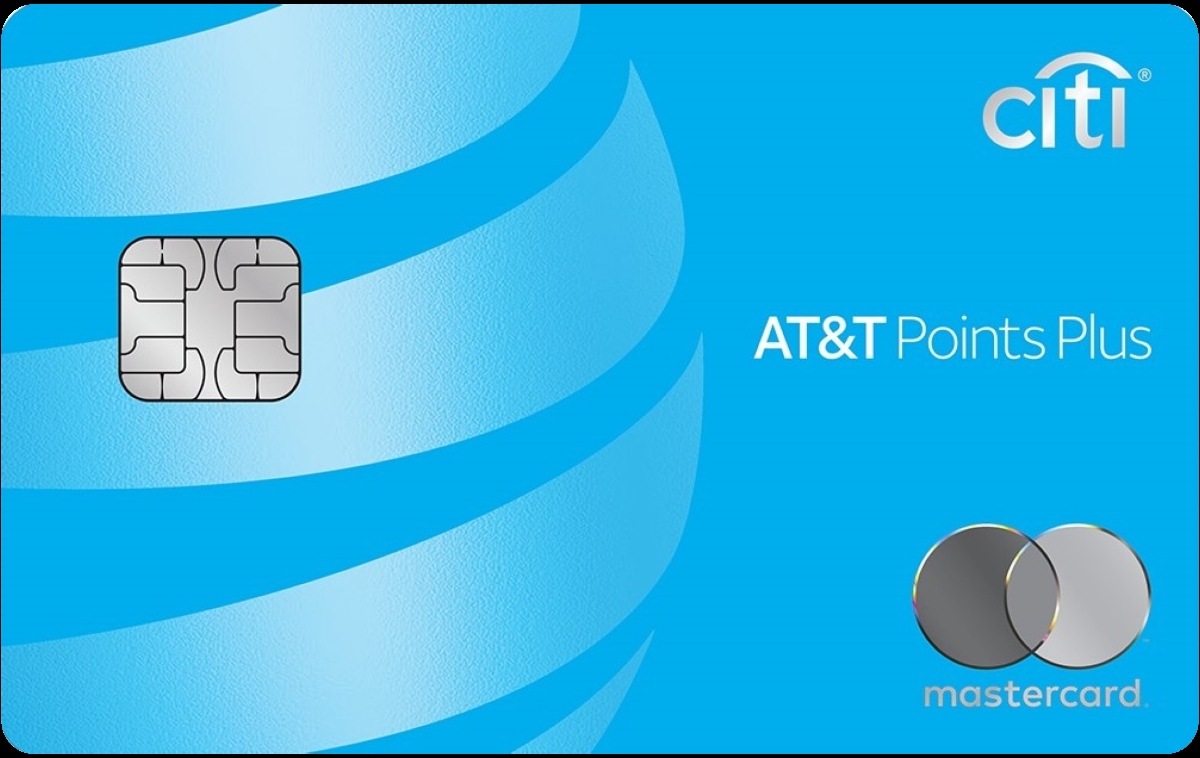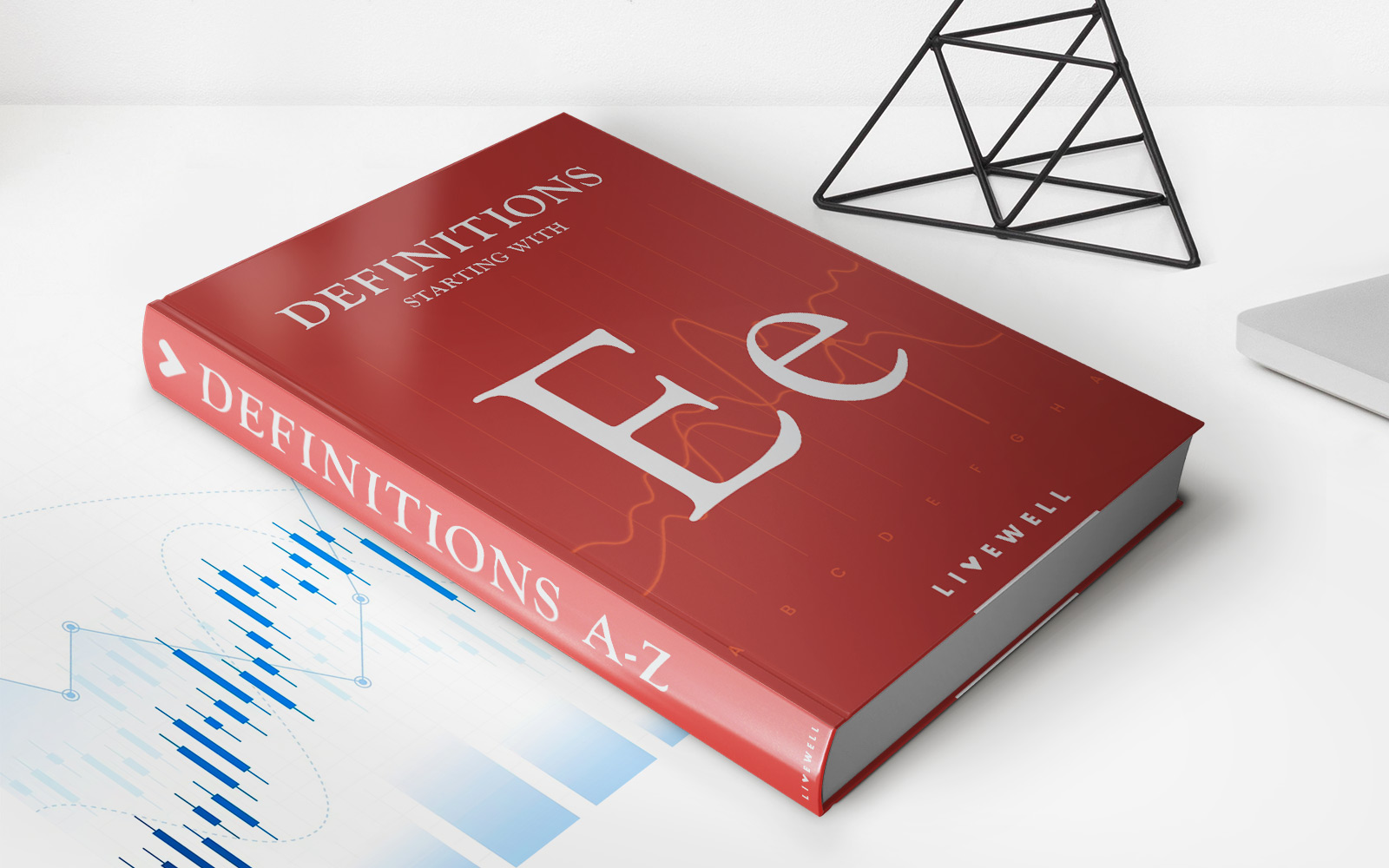

Finance
What Credit Bureau Does PNC Use
Published: January 9, 2024
Find out which credit bureau PNC uses for reviewing and reporting your financial information. Explore how PNC's choice can affect your credit score and history.
(Many of the links in this article redirect to a specific reviewed product. Your purchase of these products through affiliate links helps to generate commission for LiveWell, at no extra cost. Learn more)
Table of Contents
Introduction
When it comes to managing our finances, understanding credit is crucial. Your credit history plays a significant role in your ability to borrow money, whether it’s for a mortgage, car loan, or credit card. As such, banks and lenders rely heavily on credit bureaus to assess an individual’s creditworthiness.
Credit bureaus are agencies that collect and maintain consumer credit information. They gather data from various sources, including lenders, creditors, and public records, to compile credit reports on individuals. These reports provide details on an individual’s credit history, including their payment history, outstanding debts, and credit utilization.
For lenders like PNC, credit bureaus are an invaluable resource for evaluating potential borrowers. By accessing credit information, PNC can assess the level of risk associated with lending money to individuals and make informed decisions about granting credit.
In this article, we will delve into PNC’s relationship with credit bureaus and answer the question, “What credit bureau does PNC use?” We will also explore the factors PNC considers in credit evaluations, giving you a comprehensive understanding of how PNC uses credit bureaus to make borrowing decisions.
Overview of Credit Bureaus
Credit bureaus, also known as credit reporting agencies, are entities that collect and maintain consumer credit information. They serve as centralized repositories, gathering data from various sources and compiling it into credit reports for lenders and other authorized entities to access.
There are three main credit bureaus in the United States: Equifax, Experian, and TransUnion. These bureaus are responsible for collecting and aggregating data on individuals’ credit history, including their payment history, outstanding debts, and credit utilization.
Each credit bureau operates independently and may collect slightly different information. They receive data from a wide range of sources, including banks, credit card companies, mortgage lenders, and other creditors. They also gather information from public records, such as bankruptcies, liens, and judgments.
Once the data is collected, credit bureaus use complex algorithms to analyze and calculate credit scores. Credit scores are numerical representations of an individual’s creditworthiness, reflecting their likelihood of repaying debts. A higher credit score indicates a lower level of risk for lenders.
Credit bureaus play a vital role in the financial industry by providing lenders with reliable information to assess a borrower’s creditworthiness. By accessing credit reports and scores, lenders can make informed decisions about granting credit and setting interest rates.
Consumers also benefit from credit bureaus as they can review their credit reports to ensure accuracy and address any discrepancies. Monitoring your credit report regularly allows you to identify potential issues or errors that could impact your creditworthiness.
It is important to note that credit bureaus are regulated by laws such as the Fair Credit Reporting Act (FCRA), which ensure the accuracy, fairness, and privacy of consumer credit information.
Importance of Credit Bureaus for Lenders
Credit bureaus play a crucial role in the lending industry by providing lenders with a comprehensive view of an individual’s creditworthiness. Here are some key reasons why credit bureaus are important for lenders:
- Assessing Credit Risk: Lenders need to evaluate the level of risk associated with lending money to a borrower. By accessing credit reports from credit bureaus, lenders can review an individual’s payment history, outstanding debts, and credit utilization. This information helps them gauge the likelihood of receiving timely repayments and reduces the risk of default.
- Making Informed Decisions: Access to credit reports allows lenders to make informed decisions about granting credit. Lenders can assess an individual’s creditworthiness based on their credit history, credit scores, and overall financial health. This allows lenders to tailor loan terms, such as interest rates and loan amounts, to match the borrower’s risk profile.
- Determining Interest Rates: Credit bureau data helps lenders determine appropriate interest rates for borrowers. Individuals with higher credit scores and excellent credit histories are more likely to be offered lower interest rates, as they are considered less risky. On the other hand, individuals with lower credit scores and poor credit histories may be offered higher interest rates to offset the increased risk.
- Identifying Fraudulent Activity: Credit bureaus assist lenders in identifying potential fraudulent activity. By comparing credit application information with the data in credit reports, lenders can detect inconsistencies or signs of identity theft. This helps prevent lending money to individuals using false identities or engaging in fraudulent activities.
- Complying with Regulations: Lenders must comply with various regulations when providing loans. Accessing credit bureau data helps lenders ensure compliance with laws such as the Equal Credit Opportunity Act (ECOA) and the Fair Credit Reporting Act (FCRA). These regulations prohibit discrimination based on factors such as race, gender, and age, and protect the confidentiality and accuracy of consumer credit information.
Overall, credit bureaus provide lenders with valuable insights into a borrower’s creditworthiness, allowing them to make responsible lending decisions and manage risks effectively.
PNC’s Relationship with Credit Bureaus
As a leading financial institution, PNC Bank maintains a strong relationship with credit bureaus to assess the creditworthiness of potential borrowers. PNC Bank relies on credit bureau data to make informed lending decisions and manage risks effectively.
PNC Bank utilizes the services of multiple credit bureaus, including Equifax, Experian, and TransUnion. By accessing credit reports and credit scores from these bureaus, PNC Bank can gain a comprehensive view of an individual’s credit history and financial health.
When an individual applies for credit with PNC Bank, the bank will typically request permission to access their credit report from one or more of the credit bureaus. This allows PNC Bank to review the applicant’s credit history and make an informed decision about granting credit.
PNC Bank’s relationship with credit bureaus is governed by strict regulations, including the Fair Credit Reporting Act (FCRA). These regulations ensure that PNC Bank treats consumer credit information with confidentiality, accuracy, and fairness.
Through its relationship with credit bureaus, PNC Bank has access to important credit information, including the applicant’s payment history, outstanding debts, and credit utilization. These factors provide a comprehensive assessment of the applicant’s creditworthiness and help PNC Bank determine whether to approve their credit application.
PNC Bank’s relationship with credit bureaus also extends to ongoing monitoring of borrowers’ credit profiles. This allows PNC Bank to receive updates on changes to the borrower’s credit information, such as new accounts, changes in credit utilization, or missed payments. By staying informed about borrowers’ credit profiles, PNC Bank can manage credit risks and take appropriate actions to mitigate potential issues.
In summary, PNC Bank maintains a close relationship with credit bureaus to access credit information, evaluate creditworthiness, and make informed lending decisions. This partnership allows PNC Bank to provide credit products and services to individuals while managing risks effectively.
Which Credit Bureau Does PNC Use?
PNC Bank utilizes the services of multiple credit bureaus, including Equifax, Experian, and TransUnion, to gather and assess credit information. These three major credit bureaus are widely recognized and trusted in the industry, providing comprehensive credit reports and credit scores.
When an individual applies for credit with PNC Bank, the bank generally requests permission to access their credit report from one or more of these credit bureaus. By accessing credit reports from multiple bureaus, PNC Bank can obtain a well-rounded view of an individual’s credit history, ensuring a more accurate assessment of their creditworthiness.
Each credit bureau may have slightly different data and scoring models, so utilizing multiple bureaus allows PNC Bank to gain a more comprehensive understanding of an individual’s credit profile. This enables PNC Bank to make informed lending decisions and provide appropriate credit products that align with a borrower’s risk profile.
It is worth noting that the specific credit bureau(s) used by PNC Bank may vary depending on factors such as geographic location and the type of credit being applied for. However, PNC Bank’s utilization of multiple credit bureaus ensures a robust evaluation of an individual’s creditworthiness.
Additionally, it’s important to understand that PNC Bank’s relationship with credit bureaus is governed by industry regulations, such as the Fair Credit Reporting Act (FCRA), which outlines the rules and guidelines for how credit information is reported, shared, and used.
In summary, PNC Bank relies on the services of Equifax, Experian, and TransUnion, among others, to access credit information and assess the creditworthiness of individuals. By utilizing multiple credit bureaus, PNC Bank ensures a thorough evaluation of credit profiles, allowing for well-informed lending decisions based on accurate and comprehensive information.
Factors Considered by PNC in Credit Evaluations
When evaluating credit applications, PNC Bank takes into account various factors to assess an individual’s creditworthiness. These factors provide insights into an individual’s financial health and help PNC Bank make informed lending decisions. Here are some key factors considered by PNC Bank in credit evaluations:
- Credit History: PNC Bank carefully reviews an individual’s credit history, including their payment patterns and history of meeting financial obligations. Consistently making timely payments and managing credit responsibly can positively impact the credit evaluation.
- Credit Scores: PNC Bank considers an individual’s credit scores from the major credit bureaus as part of the credit evaluation process. Credit scores reflect an individual’s creditworthiness and are calculated based on factors such as payment history, credit utilization, length of credit history, types of credit, and new credit accounts.
- Income and Employment Stability: PNC Bank assesses an individual’s income level and employment stability. A steady income source and stable employment history demonstrate a borrower’s ability to meet financial obligations.
- Debt-to-Income Ratio: PNC Bank evaluates an individual’s debt-to-income ratio, which compares their monthly debt payments to their income. A lower debt-to-income ratio indicates a borrower’s ability to manage current and future debt obligations.
- Collateral: In certain loan types, such as secured loans or mortgages, PNC Bank considers the value and type of collateral being offered. Collateral provides additional security for the loan and can positively impact the credit evaluation.
- Loan Amount and Purpose: The amount of the loan and its intended purpose are factors considered by PNC Bank. The bank assesses the borrower’s ability to manage the requested loan amount and evaluates the purpose of the loan to ensure it aligns with their lending criteria.
- Payment History: PNC Bank reviews an individual’s payment history, looking for any past delinquencies, missed payments, or collections. A strong payment history with no negative incidents demonstrates responsible financial behavior.
- Overall Financial Health: PNC Bank takes a holistic approach to credit evaluations, considering an individual’s overall financial health. This includes reviewing assets, savings, and other financial obligations to assess the borrower’s level of financial stability.
It’s important to note that these factors are not considered in isolation. PNC Bank evaluates these factors collectively to make comprehensive credit decisions and determine the terms of the loan.
By assessing these key factors, PNC Bank can better understand an individual’s creditworthiness, manage risks, and provide credit products and terms that align with the borrower’s financial situation.
Conclusion
Credit bureaus play a crucial role in the lending industry, providing lenders like PNC Bank with valuable information to assess the creditworthiness of borrowers. By accessing credit reports and credit scores from credit bureaus such as Equifax, Experian, and TransUnion, PNC Bank can make informed lending decisions and manage risks effectively.
PNC Bank utilizes multiple credit bureaus to gather a comprehensive view of an individual’s credit history, payment patterns, outstanding debts, and credit utilization. This allows PNC Bank to evaluate factors such as credit scores, income stability, debt-to-income ratio, and payment history when assessing credit applications.
Factors such as collateral, loan amount, purpose, and overall financial health are also taken into consideration by PNC Bank during credit evaluations. These factors provide insights into the borrower’s ability to manage debt, meet financial obligations, and provide additional security for the loan.
PNC Bank’s relationship with credit bureaus is essential for ensuring accurate, reliable, and up-to-date credit information. It allows PNC Bank to make responsible lending decisions, determine appropriate interest rates, and comply with industry regulations.
In conclusion, credit bureaus play a vital role in the lending process, providing lenders like PNC Bank with valuable insights into a borrower’s creditworthiness. By utilizing the services of Equifax, Experian, TransUnion, and others, PNC Bank can make well-informed lending decisions, manage risks effectively, and provide credit products that align with borrowers’ financial situations. The collaboration between PNC Bank and credit bureaus helps bridge the gap between borrowers and lenders, ensuring a fair and transparent lending process.














